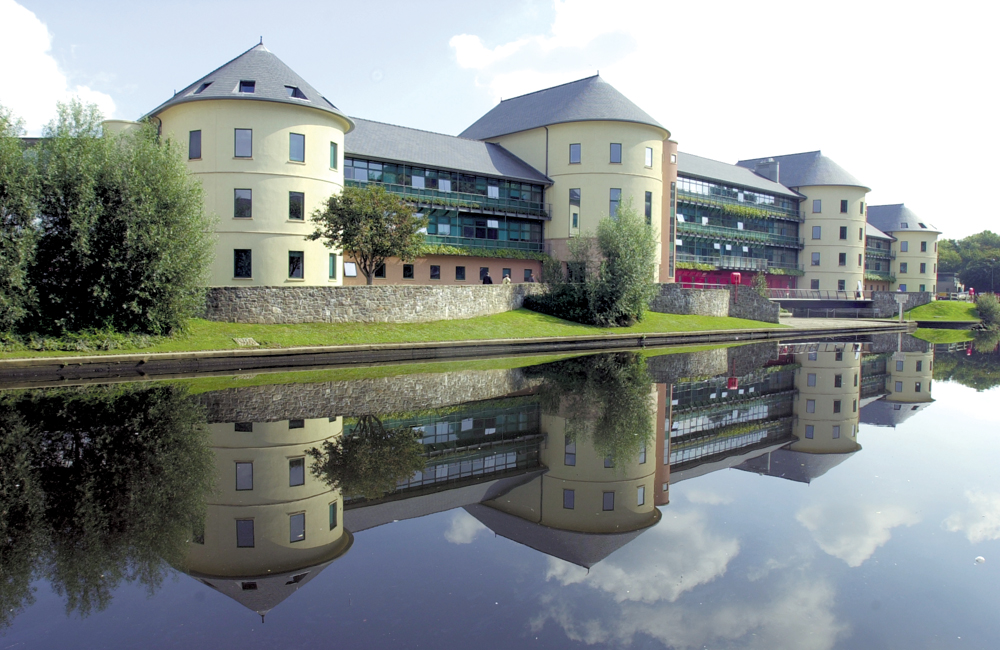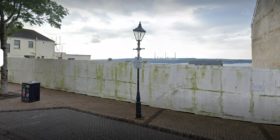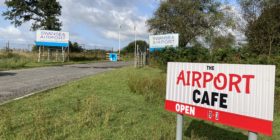Transport experts propose new train stations, electric and hydrogen buses, and a tram line in Swansea as part of the Swansea Bay and West Wales Metro plan.

Transport experts are developing proposals to build or re-open several train stations in Swansea, roll out electric and hydrogen fuel cell buses, and even create a new tram line from the city’s High Street station to the docks.
The proposed train stations on the Swansea and District Line, which mainly carries freight, would be at Pontlliw, Felindre, Morriston and Winch Wen with one also reopened at Landore.
Ben George, of Transport for Wales, told a group of Swansea councillors that this would provide rail access for a large swathe of the city’s northern suburbs and link the High Street station through to Pontarddulais in the north-west of the county.
In addition a new train station at Cockett is proposed on the Swansea to Pembrey and Burry Port line, which also serves Llanelli and Gowerton.
Mr George said the Swansea and District Line proposals were of “particular interest” in terms of the benefits they could deliver. “For that reason it produces a very, very positive business case for investment,” he said.
Mr George said in his view it was the “top unfunded” rail project currently in Wales and that political and public support were important to help bring it to fruition.
The project is part of a wider Swansea Bay and West Wales Metro plan, covering Neath Port Talbot in the east to Pembrokeshire in the west, which aims to increase train frequency and improve bus networks. An implementation plan needs to be submitted to the Welsh Government by October 31 with the plan to be adopted as policy by June 2025. Business case approval and funding would be critical.
Mr George said the Swansea and District Line proposals would, if all went to plan, take five to seven years to deliver. The Swansea to Burry Port improvements, he said, would take around three years. “It does come down to money,” he said. “At the moment the rail pot in Wales and the UK is quite difficult.”
Mr George said he thought the tram line proposal from Swansea’s High Street station along part of the city centre, Fabian Way and to the docks, where passengers could switch to a rail line to Aberdulais and potentially Clydach, would have fallen by the wayside due to its projected £600-700m cost.
But he said it had continued to “pass through development cycles” – for now at least – although he stressed it was very much a long-term proposal and complex in terms of engineering. He added that Transport for Wales, which is a not-for-profit company providing expertise to Welsh Government projects, was also keen not to complicate current or planned regeneration in the city centre area.
The wider Swansea Bay and West Wales Metro plan, said Mr George, represented “broadly a doubling of rail frequency” across the region’s rail network. He added though that train journeys had not recovered to pre-Covid levels yet, with 1.5m trips from Swansea’s High Street station in 2021-22 compared to two million annually before the pandemic.
Turning to buses Mr George felt the existing private franchise model had performed reasonably well but was now seeing cracks post-Covid. He said ministers had set out an intention to franchise bus operations in Wales and that he thought private operators were starting to “realise that things need to change”.
Transport for Wales was therefore, he said, studying bus networks with a view to making them more coherent. The aim was also to better integrate rail and bus travel with passengers able to buy one ticket for both modes of travel. “It’s monstrously complex but there are some promising signs,” he said.
Mr George said the Welsh Government wanted all public buses to stop running on diesel by 2035 and that some electric ones were already being rolled out. This will need to increase at pace and include hydrogen fuel cell buses.
Instead of being powered by electricity stored in a battery hydrogen vehicles produce their electricity through a chemical reaction between hydrogen and oxygen in a fuel cell. Some people point out that to be truly environmentally-friendly the electricity for electric vehicles and the hydrogen for fuel cell ones need to be generated by low-carbon rather than fossil fuel sources.
Mr George said hydrogen fuel cell vehicles had a range of up to 600 miles a day – considerably more than electric ones – and also refuelled much faster than their electric equivalents. He reckoned that around 20% of buses would be hydrogen-powered on networks in Wales.
A small number of hydrogen fuel cell buses are already being trialled in Swansea and Neath Port Talbot and Transport for Wales envisages hydrogen refuelling, production, and research and development at sites along Swansea Bay.
Councillor David Hopkins, cabinet member for corporate services and performance, told the committee that he had been on one of the hydrogen buses and that the feedback from drivers was very positive.
He said council leader Rob Stewart wanted to make progress on hydrogen fuel cell transport. “The leader is very keen to address these issues,” he said.
By BBC LDRS
Spotted something? Got a story? Email News@News.Wales








